Scientists believe humans could learn to hibernate, entering a state between life and death, similar to certain animals in extreme conditions.
Recent advancements in science suggest that humans might one day be able to hibernate, living in a state between life and death.
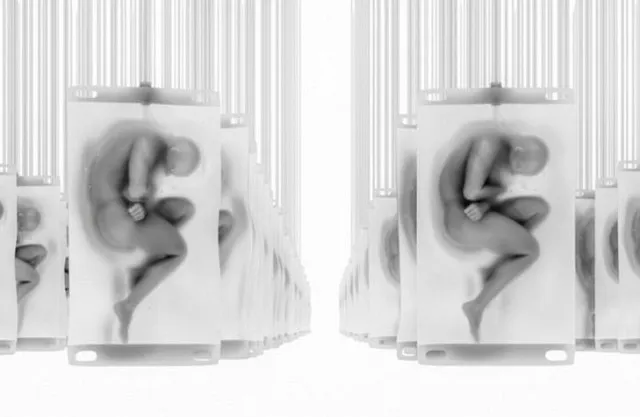
This concept, once seen as science fiction, could become a reality, especially in the context of space travel and potentially extending human life.
Scientists believe humans could enter a hibernation-like state
While some biohackers, like Bryan Johnson, dream of cheating death and achieving immortality, the human body remains a mystery.
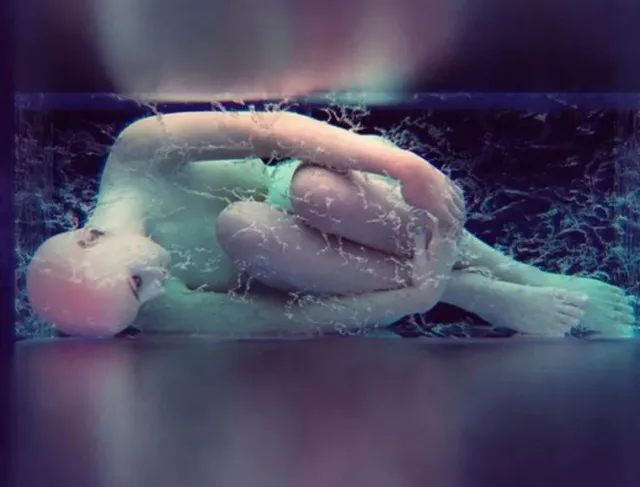
However, researchers are exploring the possibility that humans could enter a state of hibernation to conserve energy, much like certain animals.
Could humans learn to hibernate for space travel?
Vladyslav Vyazovskiy, an Associate Professor of Neuroscience at the University of Oxford, believes human hibernation is possible.
He is part of a team working with the European Space Agency to study how humans could be put into a state of hibernation or “torpor” for long-term space missions.
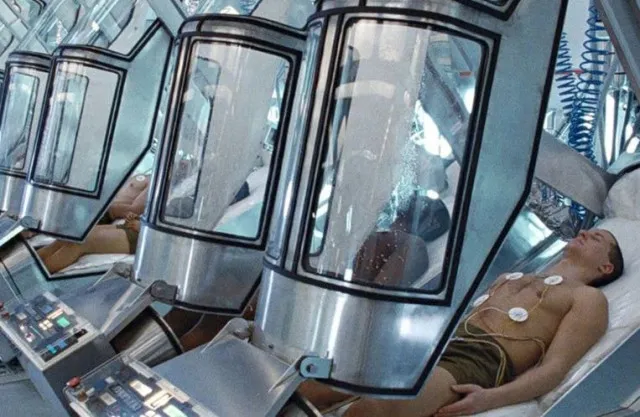
Vyazovskiy explains that even with light-speed travel, space journeys could take years.
Hibernating during such trips would allow astronauts to sleep through the journey, saving them from wasting valuable years staring at stars.
Hibernation: a natural state between life and death
In the 19th century, hibernation was referred to as “a natural, temporary, intermediate state between life and death.”
This idea may sound far-fetched, but many animals already practice this energy-saving strategy.
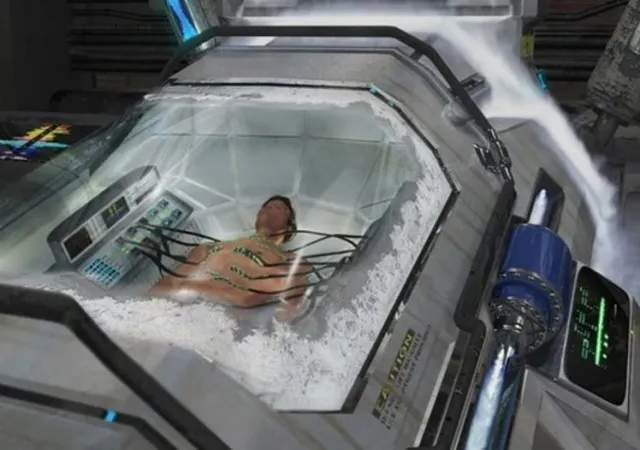
Species like bats, bears, and groundhogs hibernate to survive harsh conditions.
Animals that enter hibernation slow their heart rate, breathing, and metabolism.
Some hibernate for months, while others only for a few hours each day.
Large mammals, like bears, can hibernate, which suggests humans might be able to do the same, according to Vyazovskiy.
The challengees of human hiberation
While animals naturally enter hibernation, humans only do so with the help of sedatives, such as during surgeries.
There are concerns about how to safely manage brain function during hibernation.
Some animals, for example, seem to forget key memories upon waking from hibernation. Protecting the brain during the process remains a major challenge.
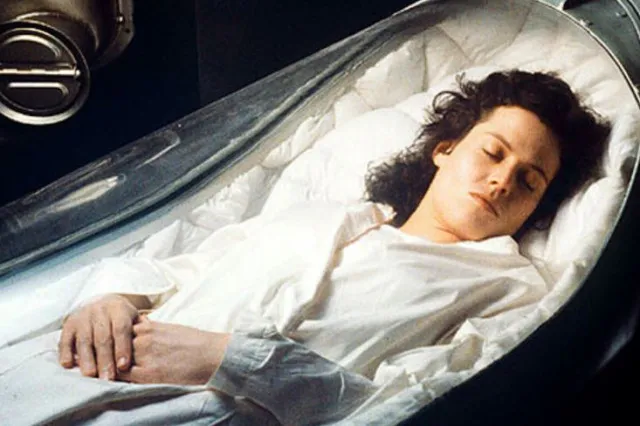
Hibernation may not only be useful for space travel but also for medical purposes.
For instance, hibernation could protect the body from trauma shock.
Research dating back to the 1950s, led by French surgeon Henri Labori, explored using forced hibernation to protect patients from severe injuries.
Could we reawaken our ability to hibernate?
While humans have never been able to hibernate naturally, Vyazovskiy wonders if this ability is simply a skill we’ve lost over time.
Recent advances in technology and pharmacology are already showing promise in manipulating sleep and potentially inducing hibernation-like states.
As Vyazovskiy writes: “Recent technological advances and new pharmacological and genetic tools have already shown great potential to induce or manipulate sleep.’
As research progresses, it seems that humans may one day be able to enter hibernation-like states, whether for space exploration or medical reasons.
However, significant challenges remain, especially in protecting brain function and ensuring safety during the process.